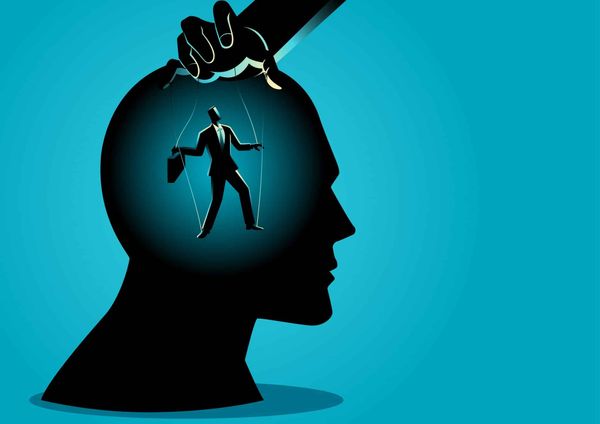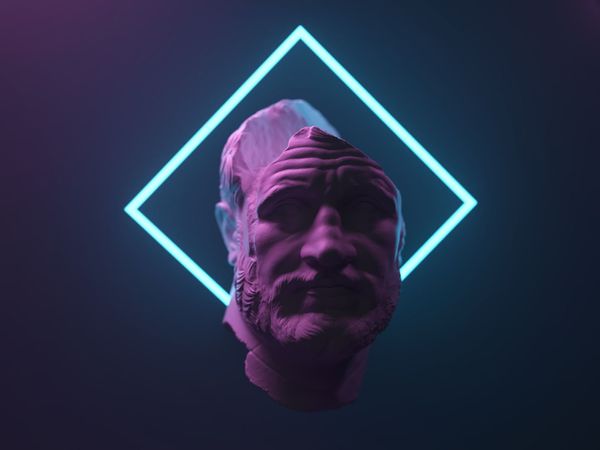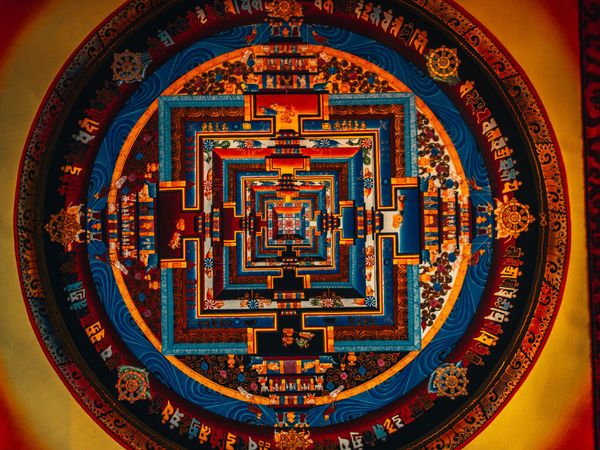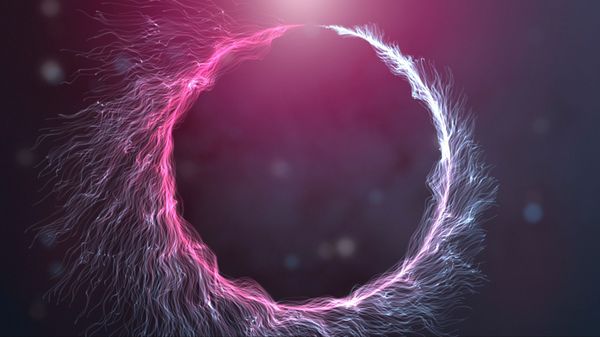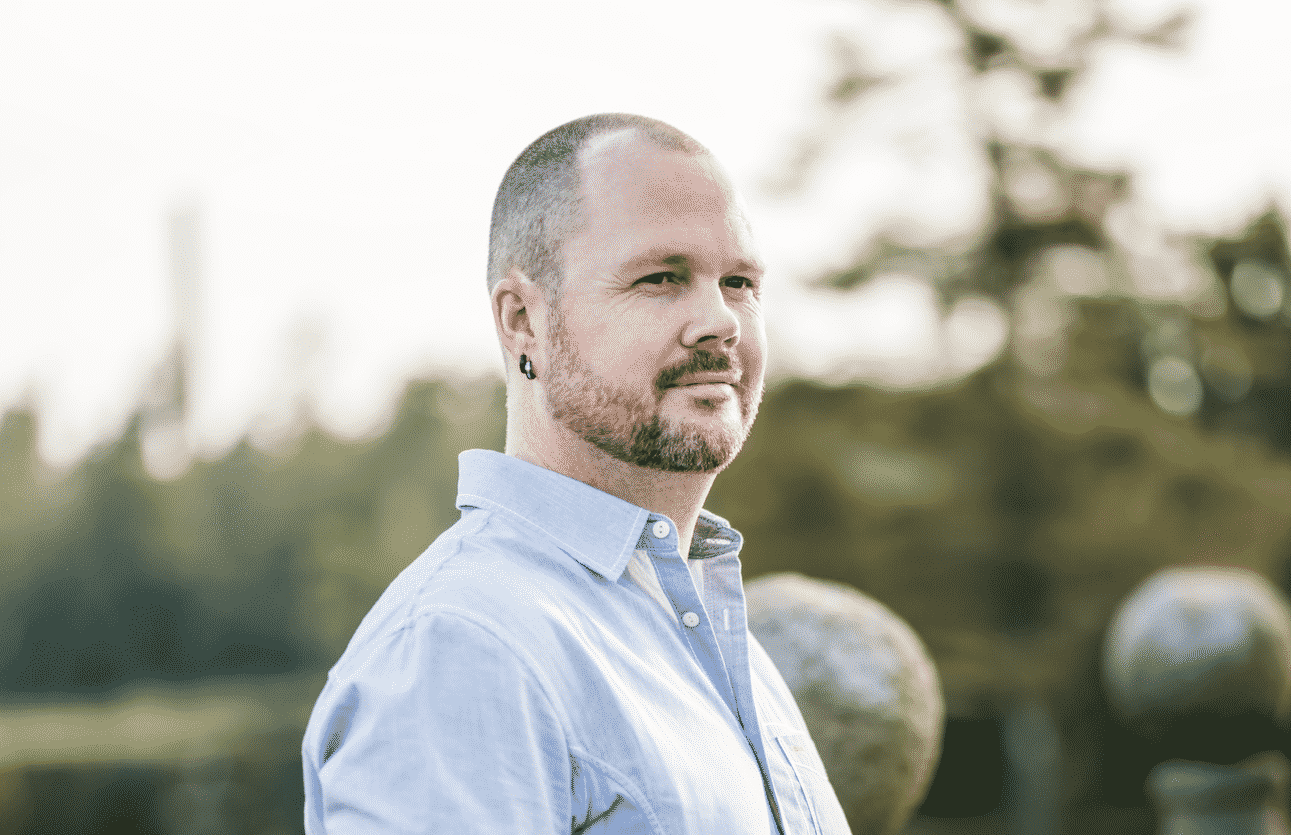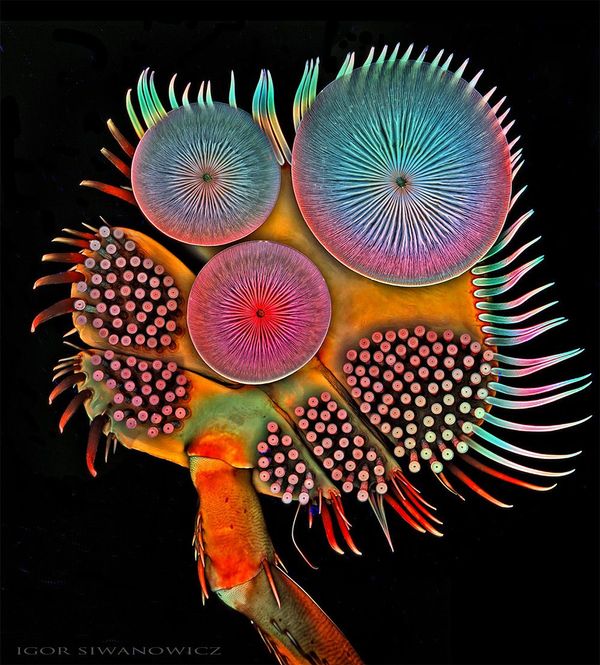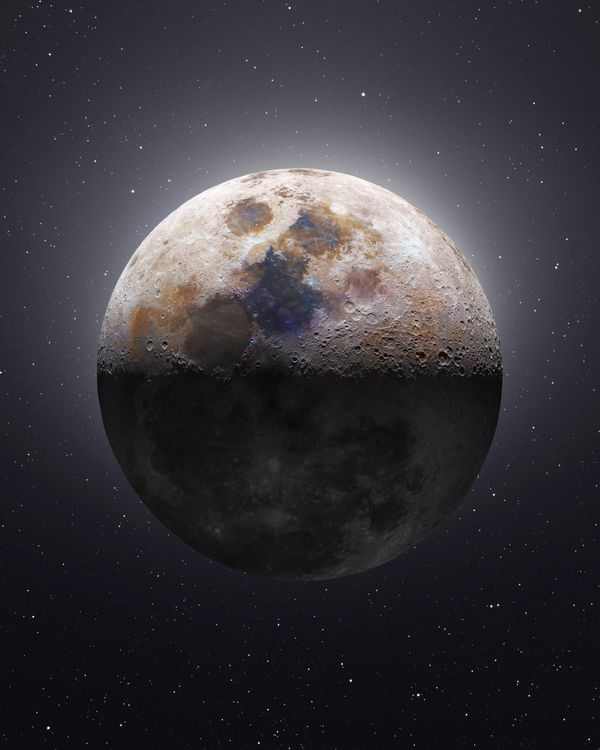Jordan Bates • • 8 min read
This Book Will Change Your Life: ‘The Ascent of Humanity’ by Charles Eisenstein
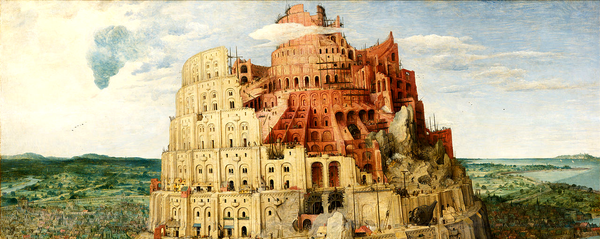
If I were to choose one book to recommend to all living humans, it would be The Ascent of Humanity by Charles Eisenstein.
Modern life makes so much more sense after reading this book.
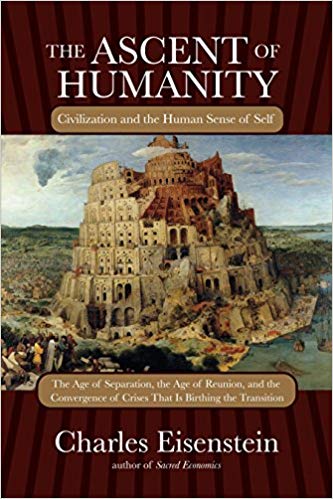
Eisenstein is a visionary, possibly a sage, with his fingers pressed firmly to the pulse of the zeitgeist.
Alongside the likes of Daniel Schmachtenberger and Jordan Greenhall, Eisenstein is one of a small group of Living Humans I’m Paying The Most Attention To—particularly for clear insight into this moment in history and the emerging future of humanity.
Eisenstein writes with a profound intrinsic authority that I’ve rarely seen. His words cut through our many layers of conditioning, trauma, ego, and indoctrination, speaking directly to something very deep within us—call it our soul, core, essence.
His words resonate in such a way that you often have the experience of an intuitive ‘knowing’ that what he is saying is true. He is like a cultural physician expertly diagnosing the illness that permeates the modern world.
For all its wonders and gifts—which are undeniably bountiful—the modern world also has a dense shadow side. This is why, in the midst of material abundance and astounding technological marvels, many people in the affluent world still feel a deep sense of despair, nihilism, depression, and alienation.
The Ascent of Humanity illuminates this dense shadow via an incredibly rich retelling of human history through the lens of Separation VS Connectedness.
Eisenstein shows how humanity’s relatively new ‘Story of Separation’—the ideology that says we’re all separate, discrete beings—caused us to design a civilization that alienates us from ourselves, each other, and the planet.
Simultaneously, he illuminates the emerging Age of Reunion, based on a new Story of Connectedness, in which humanity rediscovers and really feels its fundamental identity as inseparable from the Earth and all of Nature, thus allowing for the possibility of a course-correction that will save us from ourselves.
As Eisenstein vividly paints his masterwork, illuminating the precise reasons why many people intuit that there is something ‘wrong’ with modern life, I suspect you will feel, as I did, a sense of enormous relief settling upon you, like a light snowfall.
Finally, you’ll think, I’ve found someone who really gets it. I’m truly excited for you to have this experience.
Taste Test: A Sample Passage From The Ascent of Humanity
Now, it’s my great pleasure and honor to share with you an extended passage from the Introduction to The Ascent of Humanity, to give you a richer taste of what this book contains.
This passage does a commendable job of setting the stage for the entire book and giving an overview of the core thesis:
Eisenstein: “Another way of being is possible, and it is right in front of us, closer than close…
Whether for myself or for the world, I share with dreamers, Utopians, and teenagers an unreasonable intuition of a magnificent potential, that life and the world can be more than we have made of them.
What error, then, what delusion has led us to accept the lesser lives and the lesser world we find ourselves in today? What has rendered us helpless to resist the ugliness, pollution, injustice, and downright horror that has risen to engulf the planet in the last few centuries? What calamity has so resigned us to it, that we call this the human condition? Those moments of love, freedom, serenity, play—what power has made us believe these are but respites from real life?
Inspired by such moments, I have spent the last ten years trying to understand what keeps us—and what keeps me—from the better world that our hearts tell us must exist. To my endless amazement, I keep discovering a common root underneath all the diverse crises of the modern age. Underlying the vast swath of ruin our civilization has carved is not human nature, but the opposite: human nature denied. This denial of human nature rests in turn upon an illusion, a misconception of self and world. We have defined ourselves as other than what we are, as discrete subjects separate from each other and separate from the world around us. In a way this is good news: in this book I will describe the profound changes that will flow—and are already flowing—from the reconception of the self that is underway. The bad news is that our present conception of self is so deeply woven into our civilization—into our technology and culture—that its abandonment can only come with the collapse of much that is familiar. This is what the present convergence of crises portends.
Everything I wrote in the preceding paragraph about our civilization also applies to each of us individually. Saints and mystics have tried for thousands of years to teach us how we are trapped in a delusion about who we are. This delusion inevitably brings about suffering, and eventually a crisis that can only be resolved through a collapse, a surrender, and an opening to a state of being beyond previous self-limitation. You are not, they tell us, a “flesh-encapsulated ego”, and lasting happiness can never result from pursuing that ego’s agenda. These spiritual teachings have helped me realize, at least partway, my intuitions of what work, love, human relationship, and health can be. They are not the main subject of this book, however, nor do I claim to exemplify them in my own life. Nonetheless, the shift in our collective self-conception is intimately related to a parallel shift in our individual self-conception. In other words, there is a spiritual dimension to the planetary crisis.
As this planetary crisis invades our individual lives, unavoidably, neither the personal nor the collective misconception of who we are will remain tenable. Each mirrors the other: in its origins, its consequences, and its resolution. That is why this book interweaves the story of humanity’s separation from nature with the story of our individual alienation from life, nature, spirit, and self.
[…]
Even in the darkest days, everyone senses a higher possibility, a world that was meant to be, life as we were meant to live it. Glimpses of this “world of wholeness and beauty” have inspired idealists for thousands of years, and echo in our collective psyche as notions of Heaven, an Age of Aquarius, or Eden: a once and future Golden Age. As mystics have taught throughout the ages, such a world is closer than close, “within us and among us”; yet as well it is impossibly far off, forever inaccessible to any effort arising from our present self-conception. To reach it, our present self-conception and the relationship to the world it implies must collapse, so that we might discover our true selves, and therefore our true role, function, and relationship to the universe.
This book exposes the futility, the fraudulence, and ultimately the baselessness of the program to control the world, to label it and number it, to categorize it and own it, to transcend nature and human nature. Thus exposed, that program will loosen its grip on us, so that we may let go of it before it consumes every last vestige of life and beauty on earth. The extensive scientific chapters are there to persuade you that the mechanistic, objective world of the discrete and separate self is not reality but a projection, merely the image of our own confusion.
The Ascent of Humanity is not merely another critique of modern society, and the solutions I explore are not along the lines of “we should do this” and “we shouldn’t do that.” Who the hell is “we”? You and I are just you and I. That is why so much political discourse (about what “we” must do) is so disheartening; that is why so many activists experience such despair, such despondency. You and I, no matter how much we agree with each other, are not the “we” of collective action, as in “we need to live more sustainably” or “we need to pursue diplomatic options.” I find many people resonating with my intuition of a wrongness about life and the world as we know it, but their response is not empowered indignation, it is despair, helplessness, impotence. What can one person do? Actually, these emotions too are symptoms of the same separation behind all of our crises. When I am a discrete and separate individual, whatever I do makes little difference. But this logic is founded upon an illusion. We—you and I—are actually powerful beyond imagining.
Because the illusion of separateness is crumbling, the alternative I offer is practical, natural, and indeed inevitable. The ruin and violence of the present age do not typify an immutable “human condition”. They originate in a confusion about self and world, a confusion embodied in our fundamental scientific and religious principles and applied in every aspect of modern life, from politics and economics to medicine and education. Social and environmental destruction is an inevitable consequence of this world-view, just as rejuvenation and wholeness have been, and will be, the consequence of a different world-view, one that has roots in primitive culture and religion, and that is the inescapable yet heretofore generally unrealized implication of 20th century science.
Our current self/world distinction, and its consequent parsing of all the world into discrete entities, has run the course of its usefulness as the dominant paradigm. Our individuation, as individuals and as a species separate from nature, is complete; in fact it is over-complete. What started with agriculture and even before, with pre-human gropings toward the technologies of stone and fire, has reached its outer limit. It has taken us far, this separation; it has fueled the creation of wonders. To the extent that the separation is an illusion and that we too are part of nature, that illusion has unleashed a new force of nature that has transformed the planet. But if the human gifts of hand and mind are natural too, then what happened to the “harmony, beauty, and authenticity” whose absence everyone can feel in the world of technology? Can we ever attain that human condition that we sense is possible in those moments of spiritual connection? This book will explore the extremes of separation we have reached, as well as the potential reunion that lies in the fulfillment, and not the abandonment, of the gifts that make us human.”
Conclusion: The Map is Not the Territory, But Damn, What a Map
I would certainly not be so audacious as to claim that Charles Eisenstein has all the answers, or that his suggestions for course-correcting humanity are totally correct and should be immediately implemented. I’m sure he too would not make this claim.
As with all books I read, I’m endeavoring to read The Ascent of Humanity with a non-dogmatic beginner’s mind—attempting to truly listen and understand the world of the author, allowing the ideas to marinate and percolate without accepting them as some kind of Absolute Truth.
I realize that no map can ever be the Territory and that The Ascent of Humanity is inevitably another incomplete human map, albeit a damn useful and insightful one. As with all sets of ideas, I’m taking what is resonant and useful to me, allowing these portions to influence my ever-updating models of reality, and letting go of what is not resonant and useful.
It’s remarkable, though, that virtually the entirety of The Ascent of Humanity seems resonant and useful to me so far (I’m a little over halfway through). This is one map that I suspect will go down in history as a particularly brilliant and prescient summary of where humanity has been, where we are, how we got here, where we likely need to go, and how we can get there.
Thank you, Charles Eisenstein, for your ingenious contributions to the realization of “the more beautiful world our hearts know is possible.”
Note: With characteristic magnanimity, Charles Eisenstein has made the full text of The Ascent of Humanity available for free online. Though, if you have the means, I recommend purchasing it, to support his work.
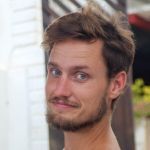
Jordan Bates
Jordan Bates is a lover of God, father, leadership coach, heart healer, writer, artist, and long-time co-creator of HighExistence. — www.jordanbates.life

